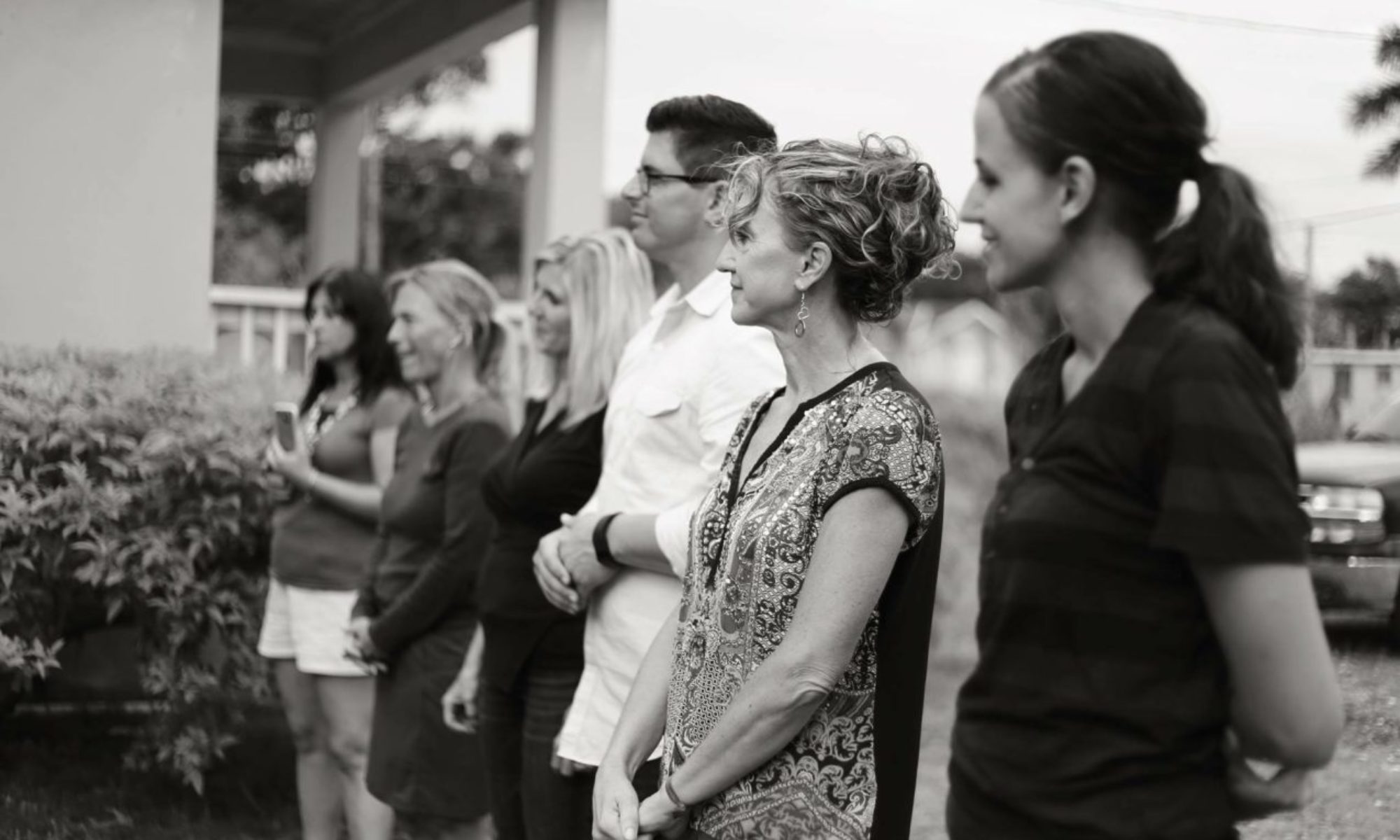It would seem that we are wired to gather together with others. According to Priya Parker, author of The Art of Gathering, we are living in a period of time when coming together is more important than ever. Let’s explore why and when we gather.
Prehistoric hunter-gatherers often lived in groups of a few dozen people, consisting of several family units. There was diversity in an organized living space, allowing for the sharing of workload with a probable social network structure. With the prospect of various group configurations, there was an allowance to share, for example, large amounts of meat, when acquired, with other groups of neighboring communities. This provided sustenance, but also minimized waste. The concept of gathering also lays a foundation for language. Not needed when alone, the use of language allows for discussion regarding various important topics like hunting or child rearing strategies.
Communal living is still practiced today. It provides the opportunity to live in your own private space yet be part of a family. It may be practiced for financial reasons, for the social benefits, or to co-habitat with those of similar beliefs. Coexisting with others can be a treasure whereby fundamental needs are met, with a feeling of comfort and belonging.
In what ways do we, can we, gather together?
Conferences: As is said, iron sharpens iron. When we come together with a shared purpose to learn and grow, by sharpening each other’s blade, we become more effective tools. We can learn new skills from others while sharing our own.
Weddings: We can have a deeper sense of significance with key milestone moments when we gather in a symbolic ritual. There is some accountability when a couple makes promises to one another in the presence of witnesses. The ceremony represents the coming together of two families to support and hold the couple accountable for those promises to one another. It is a celebration of their bonded life together.
Funerals: This type of gathering provides a path for the processing of grief. Mourners have an opportunity to process the reality of what has happened. They can share memories of their loved one, while saying goodbye to that physical presence in their life. Sharing these aspects with others who may feel similarly, can be cathartic and healing. We can find comfort in this group setting.
Worship: Genesis 2:18 states God’s intent that we not be alone. As we engage in worship, we can encourage and be an inspiration to others. Non-believers can be influenced by love and good works. Mathew 18:20 says that where two or three are gathered in Jesus’ name, he will be with them. This supports the idea of a community of believers, not necessarily a building or institution.
Meals: It is a cultural custom to gather together around food. There seems significance in the breaking of bread together. Eating can be the most satisfying and joyful time of day. Why not share it with others? Not only does eating together create meaningful time, but studies show that not eating together has quantifiably negative effects on both physical and psychological well-being.
That are many ways to gather with others, both physically and virtually. Although we tend to gather with those that support us and our belief system, never underestimate the power of divine appointments. If you find yourself in an uncomfortable group setting, try to see the big picture. What good might come of it?
If you are feeling lonely, seek out groups and/or activities to provide the opportunity to gather with others. Share your light. Being willing and able to commune with others can provide perspective, cultivate inspiration, ease your burdens, and bring great joy.
References:
https://www.worldhistory.org/article/991/prehistoric-hunter-gatherer-societies


